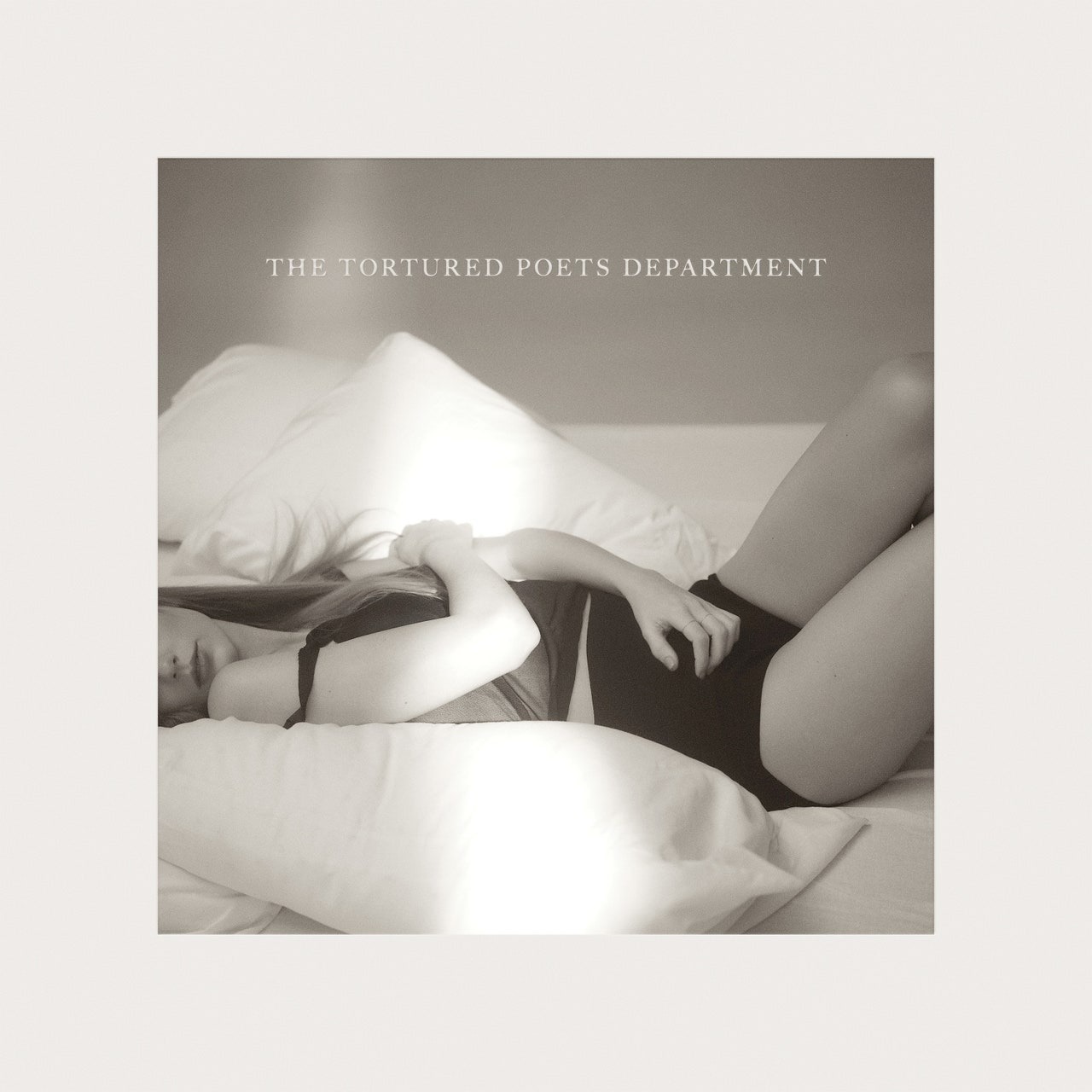It seems that Taylor Swift is the most famous woman of our time. In the months leading up to April 19, expectations were high among critics and sycophants alike after the singer-songwriter’s announcement of her 11th studio album, “The Tortured Poets Department.” And for good reason—Swift has cultivated a reputation for impeccable songwriting and worldbuilding that has had critics singing her praises. Apart from her artistic reputation, Swift has also been called a phoenix rising from the ashes, a snake, a college course subject, a victim of corporate wrongdoing and, finally, a boon to local economies with her record-breaking stadium tour and concert film.
With all that has happened to her in the past few months, Swift’s recent declaration, “I have never had an album where I needed songwriting more than I did on [TTPD]” starts to make some sense. The album’s length and lyricism makes this claim apparent. However, TTPD leaves many listeners with less praise and more questions over its necessity. Instead of a cohesive record with ballads or anthems, TTPD is a shoddy novella on breakups with a whopping 31 songs, each one varying massively in lyrical and sonic quality, overloaded with metaphors and references that start to wear out quickly.
In breaking down both the main album and the additional tracks released in the early hours of the following morning, dubbed “The Anthology,” a number of juvenile lyrical choices are apparent. The guiltiest of offenders is the title track itself with its clunky stanzas that include lyrics such as “I scratch your head, you fall asleep / Like a tattooed golden retriever” and “At dinner, you take my ring off my middle finger / And put it on the one people put wedding rings on.”
Similarly, “But Daddy I Love Him” details Swift’s surprising lack of maturity and her desire to grow on her own terms, out of sight from her detractors and self-righteous critics. It’s a perfectly juvenile take when you realize the “him” in question is the 1975 frontman and juggernaut of controversy, Matty Healy. “Florida!!!” sees Swift finding her escapist fantasies in a rather ill-fitting place, accompanied by Florence and the Machine’s Florence Welch and her haunting vocals. The track is let down by unimaginative lines such as “And my friends all smell like weed or little babies” or “Florida / Is one hell of a drug / Florida / Can I use you up?”
There are some hidden jewels to be found, however, if you listen long enough. Songs including “Who’s Afraid of Little Old Me?” “The Smallest Man Who Ever Lived” and “Clara Bow” showcase Swift’s penchant for writing when it is executed well, with their lyrics revealing the philosophical, vulnerable and meaningful artist who is missing throughout the rest of the main album.
The release of “The Anthology” reveals another defining factor that may explain the divide among some fans: its production. Much of the main album is dominated by producer Jack Antonoff, a frequent collaborator with Swift, as well as of Lana Del Rey and Lorde. This will most likely explain why the album feels more like a regifted knockoff of “Midnights.” However, many of the songs from “The Anthology” are created with Aaron Dessner, best known for his work on “folklore” and “evermore.” As a result, we receive more impactful songs than the original, such as “The Black Dog,” “The Albatross” and “I Hate It Here,” albeit not without typical missteps such as the childish title choice for “thanK you aIMee,” a song addressed to a past tormentor, though not the one the public immediately thinks of.
There is no negating the reality of Taylor Swift’s stardom and her capabilities as a writer. However, “The Tortured Poets Department” seems to elicit a wake-up call, one that makes listeners wonder if the celebrity lore and negative public opinion is the driving force behind her writing and whether that force is the reason why the well-crafted lyricism that Swift has dedicated her life to has all but dissipated here. Is this what it means to be a tortured poet, or is this simply torturous poetry in need of editing?



